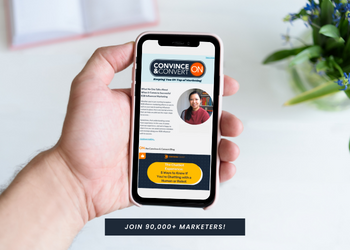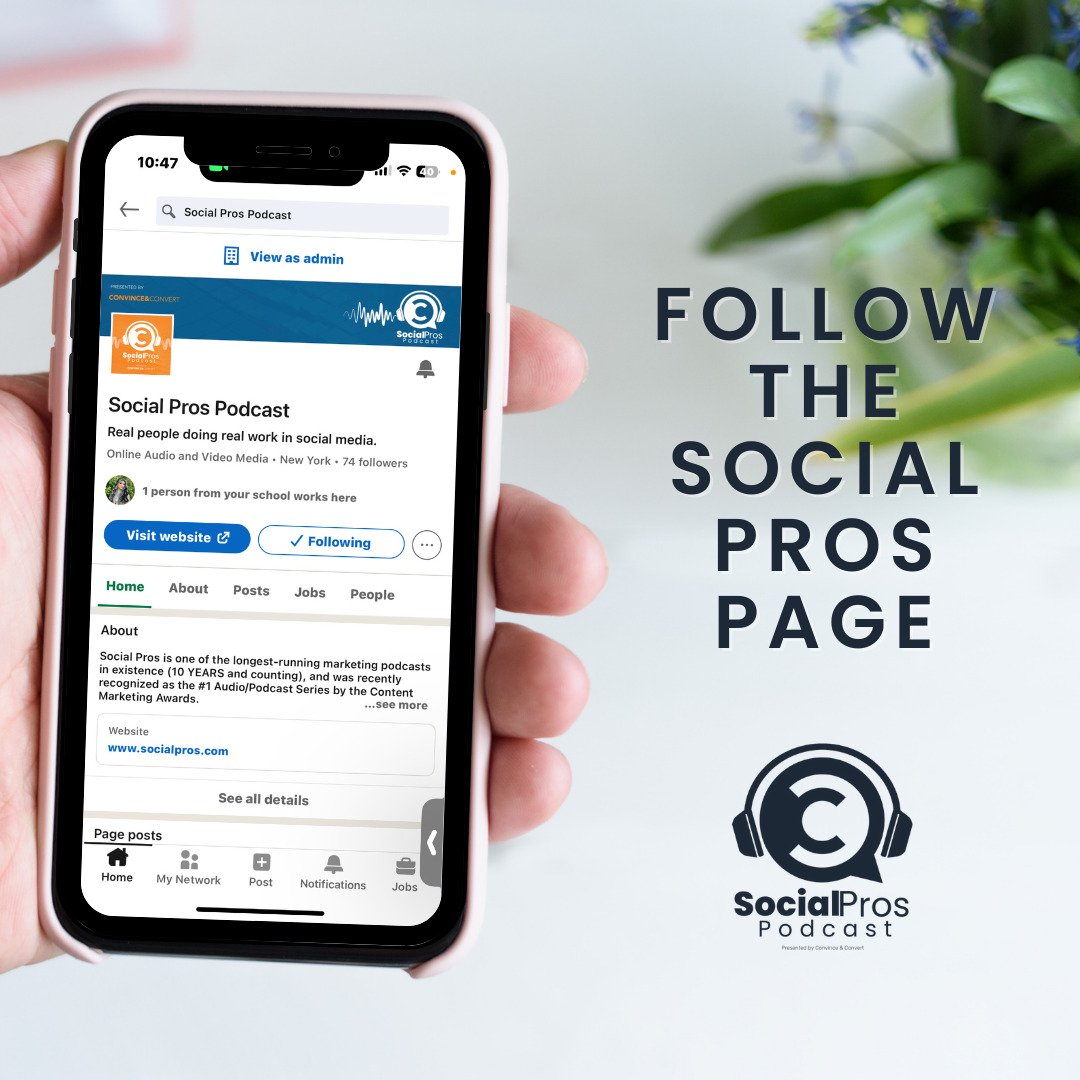

We used to talk to a real person as a first step. To get familiar with the company. To learn more. To create bonds. Not now. Now we talk to a real person as a last resort, after we’ve kicked the informational tires so thoroughly that we absolutely must reach out to get our final questions answered, pre-purchase.
This is most egregiously true in a category where the transactional stakes are often the highest: business to business marketing. The Corporate Executive Board surveyed 1,900 B2B customers to uncover insights about purchasing behavior and found:
B2B customers will contact a sales rep only after independently completing 60% of the purchasing decision process. (tweet this)
Sixty percent of the decision is made before the prospect identifies himself. Sixty percent of the decision is made before a call, or an email, or an entry into your lead tracking database. B2B customers are ninjas now, stealthily investigating the company and its wares, right under your nose.
This has changed the role of salespeople, whose job used to be to develop and nurture relationships. No longer. The role of the salesperson is now to answer specific questions capably and quickly, and to close deals that became possible due to the self-serve research performed by the customer.
Brian Halligan, co-founder of B2B inbound marketing software company Hubspot agrees, and has seen this shift first-hand (this is an excerpt of the interview he did with me for my book, Youtility):
“I started my career as a sales guy in the 90s. And back then, the whole funnel really was controlled by the sales rep. You’re cold calling somebody, and you kind of manage the process all the way to the funnel. There’s asymmetric information. The sales rep has all the information the prospect wanted, including pricing and discount options. You had so much control. Now 90% of it has swung to marketing. It’s self-service, and you need to be able to be very, very helpful to see to the top of your funnel. The game changed a lot.”
Life Technologies Appeals to Ninjas with Interactive Video Catalog
Global biosciences company Life Technologies operates in a business category not typically known for its cutting edge use of YouTube, nor its embrace of new marketing principles. But Life Technologies has the most quintessentially Youtility video program with the best utilization of video annotations I’ve ever seen. (Annotations are words or phrases embedded in videos that serve as a call-to-action, and sometimes provide a direct link to other videos.)
This “Interactive Selection Guide to Immunoprecipitation” is actually 42 short videos chained together with an elaborate annotation scheme, giving Life’s customers – working scientists – an easy, self-serve way to determine which products are the best fit for the job.
Now THAT’s self-serve information in B2B marketing.
Smart companies understand that providing self-serve information and giving consumers the opportunity to find answers for themselves isn’t shirking their duty as marketers; it IS their duty as marketers.

